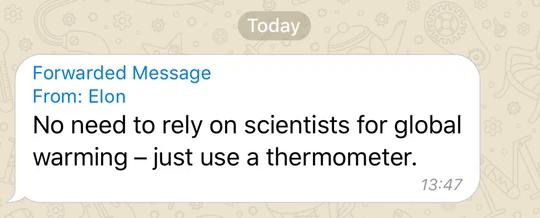Telegram – a cross-platform instant messaging and VOIP service developed by UK-based Telegram Messenger LLP – has announced the latest update to its product.
According to a post on the company’s blog the update has a strong focus on empowering user by improving their privacy and control over their communications.
The star new feature is an upgrade to Telegram’s “unsend” option introduced two years ago, when users were given the option of deleting any message they had sent within the following 48 hours. But now, received messages can be “unsent” as well, with no time restriction.
Further more, users will now be able to nuke their private chat communications completely from both devices involved in the exchange.
“The messages will disappear for both you and the other person – without leaving a trace,” Telegram promises.

And this will be done in a user-friendly manner, involving “just two taps.”
Another new feature is an opt-in to be enabled in the settings, preventing the recipient from forwarding messages in a way that could identifying the source.

Telegram’s other and somewhat controversial opt-in regards the end-to-end encryption mentioned in the blog post. By default, it is server-to-device, while end-to-end can be turned on by users.
Telegram, which as of March 2018 boasted 200 million monthly users, has opted for open source on the client-side, and closed and proprietary code server-side.
The company was founded by Pavel Durov, a Russian entrepreneur who founded VK – sometimes described as “a Facebook clone” – but who in the meantime seems to have fallen out of grace with his country’s authorities.






















